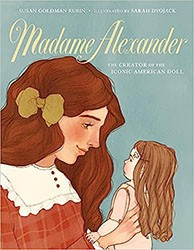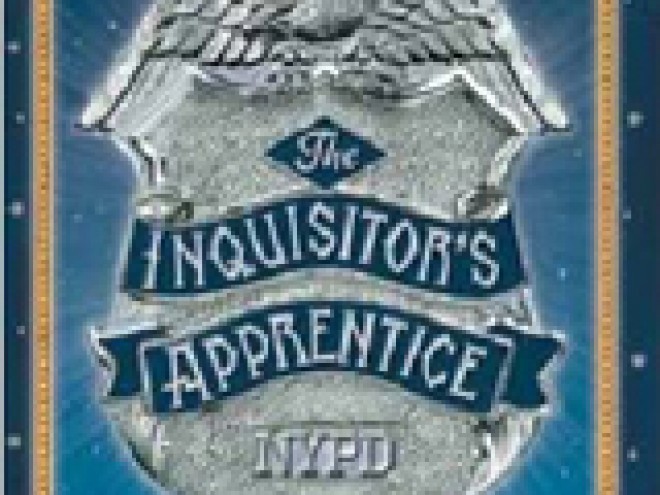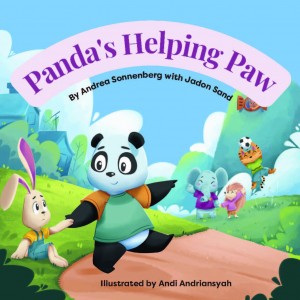Because of the Covid-19 pandemic, books set during the 1918 worldwide outbreak of influenza seem more relevant than ever. In Laurie Wallmark and Adelina Lirius’s new picture book, a Jewish child living on the Lower East Side of New York City finds her life turned upside down by this catastrophe. Due to her father’s illness with the flu, Rivka is unable to attend school. With her mother working in a shirtwaist factory, Rivka must be available to care for her younger sister Miriam. But the adaptable Rivka is not discouraged by her circumstances. She is determined to learn through other means, even if she has to initiate them herself. Her story reflects both the difficulties of immigrant life and the value placed on education in Jewish culture.
Using earth colors and delicate shading in scenes that capture daily activities of the era, Lirius presents Rivka’s quest for learning as a journey. Both wishful and pragmatic, Rivka turns each interaction with her neighbors into a part of her project. Noticing a sign at a grocery store, she asks its owner, Mr. Solomon, for help in decoding the “lines and curves” she sees there. When she brings Mama’s piecework to Mr. Cohen, the tailor, Rivka recognizes that the “squiggles” on his paper can be a doorway to learning arithmetic. Each kindly adult represents an important facet of the Jewish community: the clothing trade, small shopkeeping, and the commitment to citizenship. Rivka helps Mrs. Langholtz, an elderly neighbor, by cleaning her apartment for Shabbos. She also listens to Mrs. Langholtz recite civics lessons, allowing her to both encourage her older friend and absorb valuable information.
Rivka is central to the story, and yet also peripheral to the lives of the adult characters. Listening unnoticed in the doorway to her home’s parlor, she observes people as dark silhouettes. The image reflects how children are sometimes puzzled by the actions of the people who care for them. When her informal instructors each present her with a special gift, these objects are like the legendary qualities granted by fairies in folktales. A slice of sweet honey cake from Mrs. Langholtz, a carefully crafted blouse from Mr. Cohen, and a precious pen and bottle of ink from Mr. Solomon offer Rivka concrete proof that her path toward education will be successful. Books, letters, and writing instruments surround her as she stretches her arms out and smiles.
Poverty and illness are real obstacles in Rivka’s present life, and they affect everyone in her community. Her future, however, holds promise — not least because of free public education, which is so deeply valued by newcomers to America. Rivka is fortunate that the flu epidemic only delays her access to this institution, and that the caregivers in her life respond inventively to her needs.
Emily Schneider writes about literature, feminism, and culture for Tablet, The Forward, The Horn Book, and other publications, and writes about children’s books on her blog. She has a Ph.D. in Romance Languages and Literatures.





